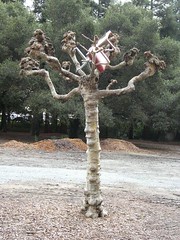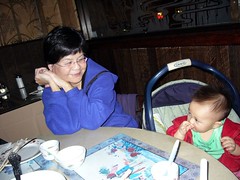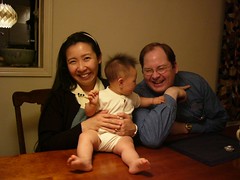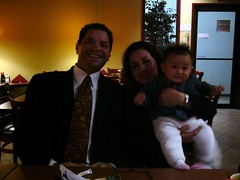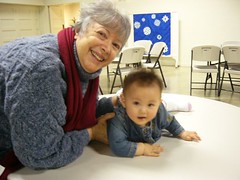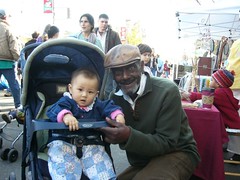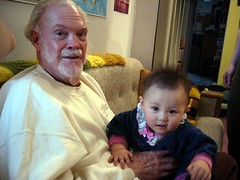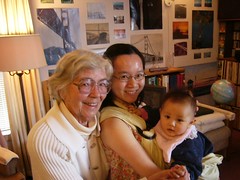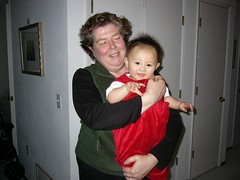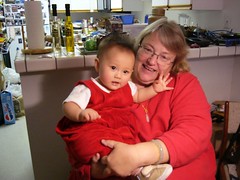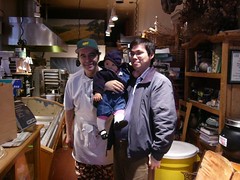Weird Wise Words
Came across this website called World Wide Words while searching, again, for the meaning of "the exception proves the rule". What an interesting and informative site that reminds us of the wonderful and wacky world of the English language! It also appears to be the place to watch for a preview of newly coined words and phrases, their definitions (what an impressive project it is!) and history, most of which have yet to make their way into standard dictionaries--phishing and televersity, for example. One can certainly learn a quick thing or two just by glancing through the list, and clicking on words that catch your attention. I learned the meaning of obesogenic, defined as referring to "conditions that lead people to become excessively fat—a worrying trend in developed countries, especially among young people, who are eating too much of the wrong things and not taking enough exercise...", a word that may have first appeared in print in 1996 in a British newspaper.

